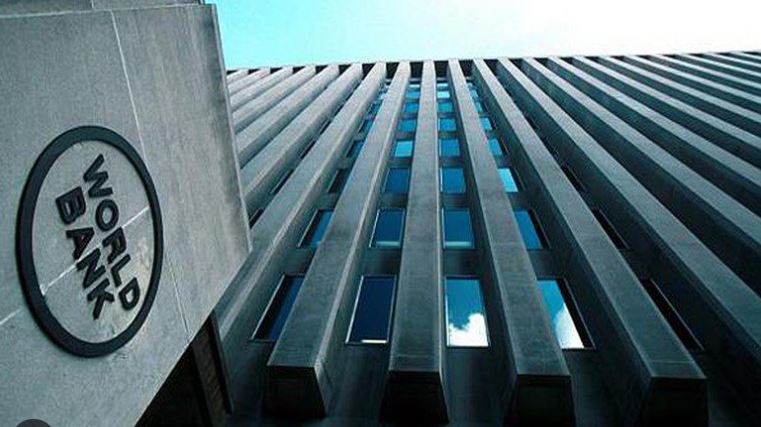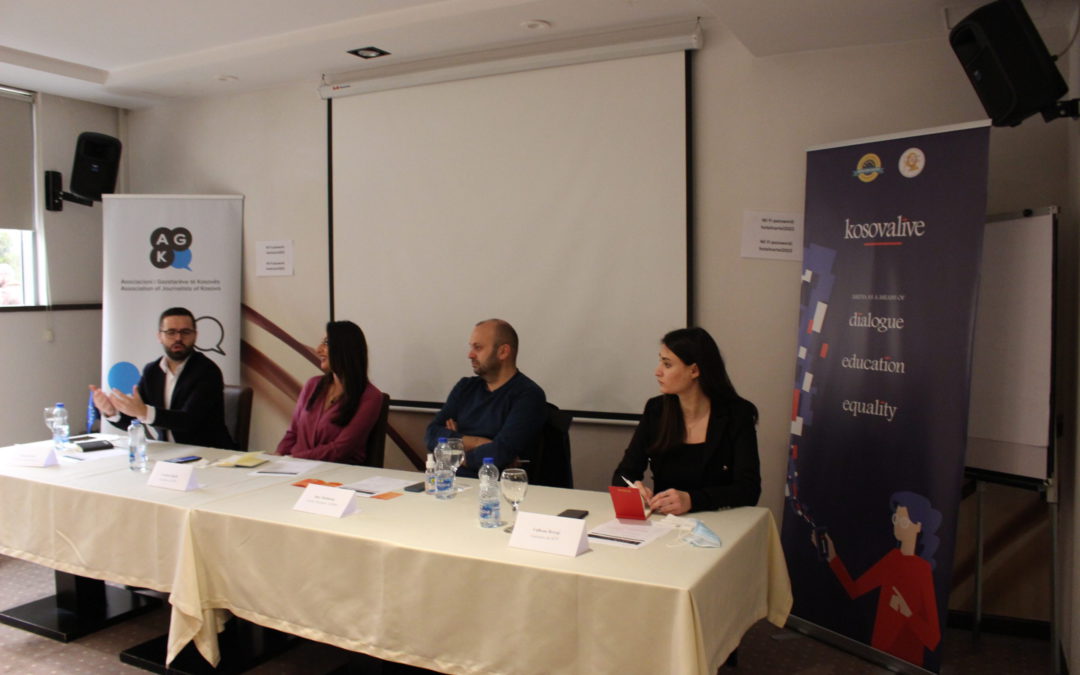The economies of Albania, Bosnia & Herzegovina, Kosovo, Montenegro, North Macedonia, and Serbia haves surpassed pre-pandemic levels of Gross Domestic Product (GDP), despite the fallout from Russia’s invasion of Ukraine, higher energy and food prices, unfavorable weather conditions, tightening financial conditions, and significant uncertainty, according to the latest Western Balkans Regular Economic Report released today.
The outlook for the Western Balkans remains subdued, with GDP growth expected to moderate to 2.6 percent in 2023, mainly driven by private consumption, exports, and, for some countries, by public investment, the report says.
The region now faces the challenges of rebuilding buffers to prepare for future shocks, and in undertaking supply-side reforms to lay the foundations for more sustainable and greener growth, the report says.
“The Western Balkans have shown remarkable resilience despite significant economic headwinds,” said Xiaoqing Yu, World Bank Country Director for the Western Balkans.
“To continue weathering the storm presented by multiple economic shocks, countries can achieve high returns by pursuing reforms that boost productivity over the medium term, such as accelerating regional integration, increasing levels of market competition, attracting higher quality investments, and addressing barriers that limit labor force participation, especially among women.”
In Kosovo, in 2022 growth moderated to 3.5 percent driven by exports and private consumption—which continues to show resilience despite inflationary pressures. The fiscal position continued to improve, supported by sustained positive revenue performance – driven by inflation effects and formalization gains -, and capital investment underspending. GDP growth is expected to pick up modestly, reaching 3.7 percent in 2023, however there are risks to this positive outlook as pressures could rise in case of an inflation rebound and weaker-than-expected EU growth.
“In this context, preserving macroeconomic buffers to respond to the evolving economic environment is key”, said Massimiliano Paolucci, World Bank Country Manager for Kosovo and North Macedonia.
“The World Bank on the other hand will continue to support Kosovo’s efforts to make its economy more sustainable and inclusive, and to provide its citizens with more opportunities for a better life.”
Inflation surged to a two-decade high in 2022 in the Western Balkans, and price pressures remain elevated in early 2023, the report says. In most countries of the Western Balkans, consumer price inflation peaked in late 2022 driven by energy and food price increases and now shows signs of easing, with external drivers now dissipating due to slowing global growth. However, inflationary pressures remain high.
These higher prices have affected particularly low-income households Together with weaker economic growth, high price pressures resulted in a much slower pace of poverty reduction despite the positive impactt from universal government support programs to mitigate the energy crisis. Potential constraints going forward include lower external demand, which could negatively affect income from exports and limit remittances, and tighter fiscal space, which continues to constrain the support that can be provided to households, according to the report.
“The poorest households spend a much higher proportion of their income on energy and food, the two items in the consumption basket with the highest price increase,” said Sanja Madzarevic-Sujster, World Bank Senior Economist and a lead author of the report.
“This means that the increases in the actual cost of living faced by poor people in the Western Balkans are much higher than official consumer price inflation figures suggest. To design effective policies to protect the less well-off and promote economic growth, it is important to consider the variability of inflation rates across different household types.”
Despite employment growth, the rate of job creation lost strength across all the Western Balkan countries in the second half of 2022, the report says. Employment contracted the most in agriculture and public administration, while industry and services also observed a slowdown. The employment rate reached a historic high of 47 percent in September 2022, after which it began to decline.
In the medium term, the outlook for the Western Balkans remains positive, though reforms are needed to accelerate the green transition and to address key structural challenges.
“The ongoing energy crisis has highlighted the need to accelerate the green transition across Europe, including in the Western Balkans,” said Richard Record, World Bank Lead Economist, and a lead author of the report. “
A key starting point is to accelerate the move toward carbon pricing and to increase the use of environmental fiscal measures that incentivize households and firms to shift toward lower carbon intensity.”
One area of investment with the potential for significant economic returns for the Western Balkans is in energy efficiency, the report adds. Even moderate improvements in firms’ energy efficiency would render substantial savings in energy-related greenhouse gas emissions, improve firm profits, have large social benefits, and help shield against future electricity and gas price shocks.








